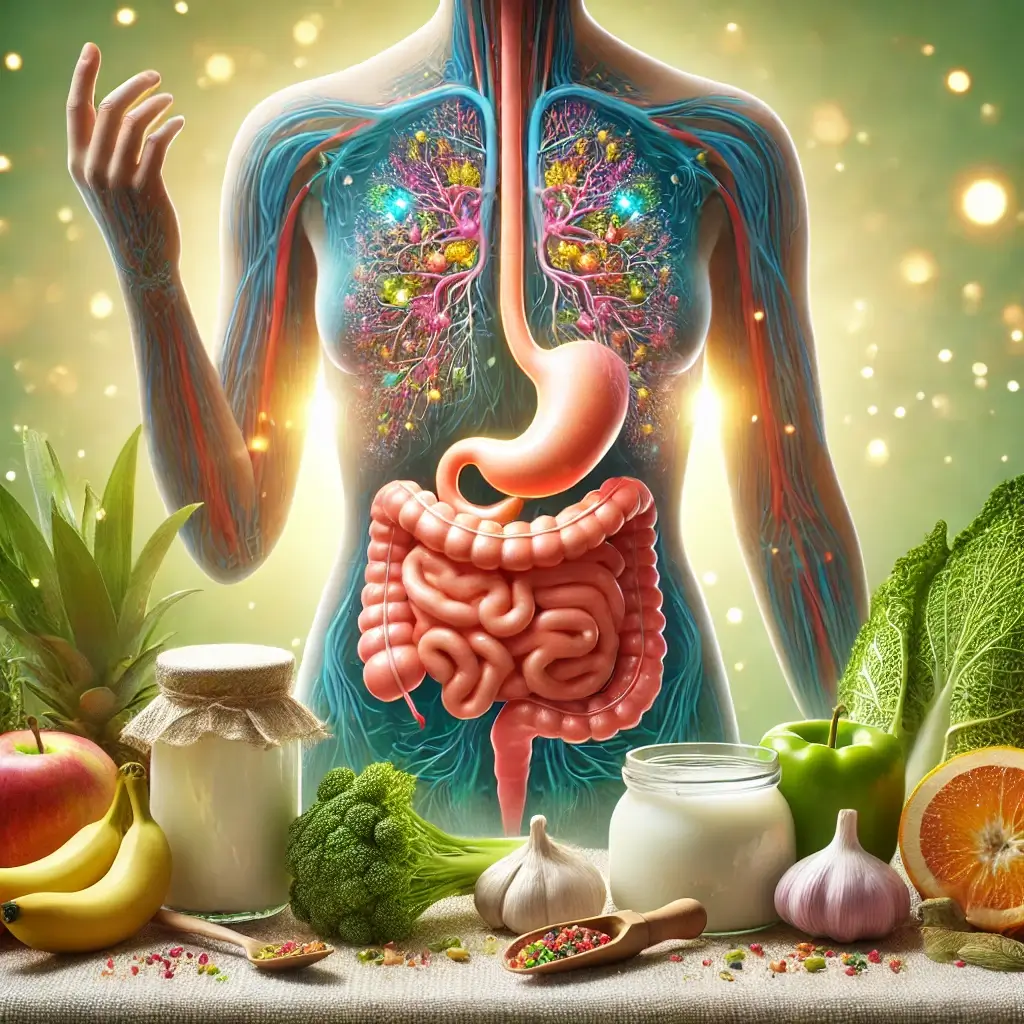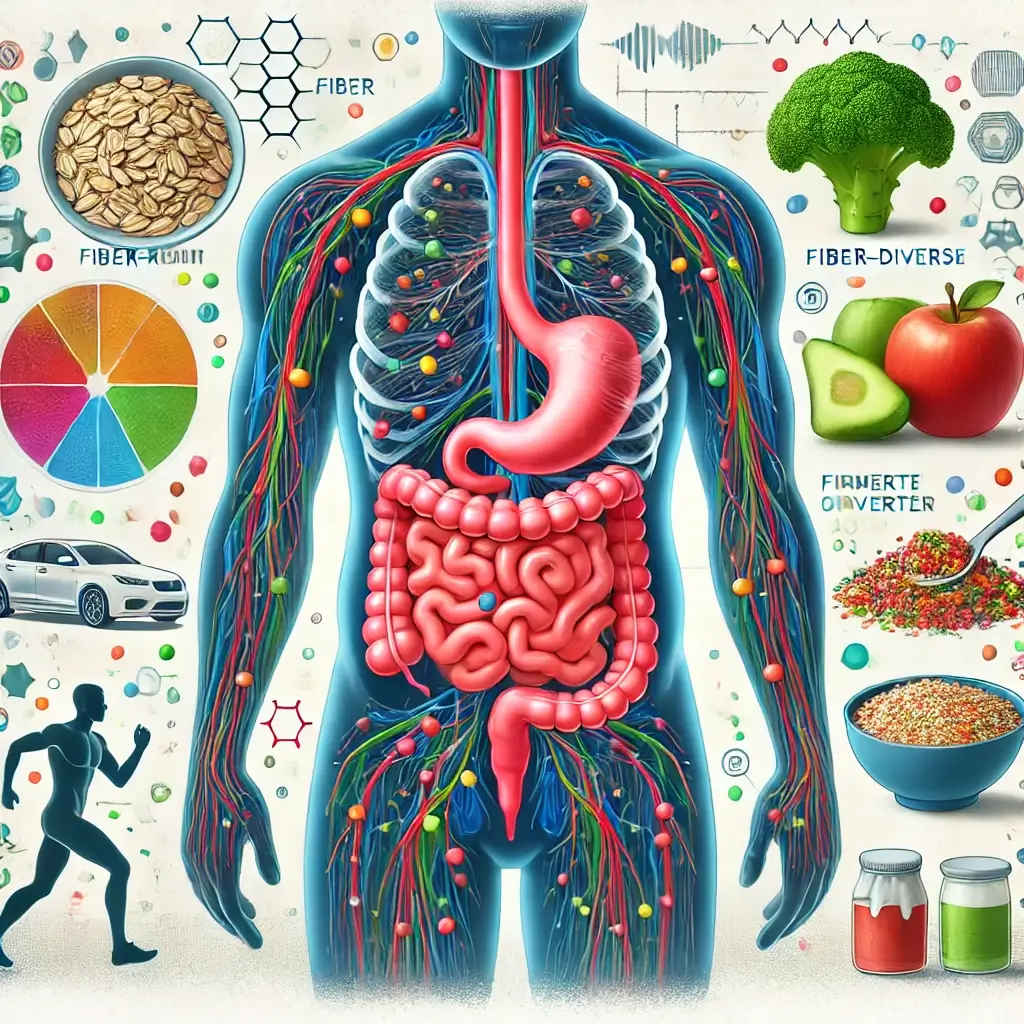What is the Most Effective Nutritional Treatment for Ulcerative Colitis?
Unfortunately, no single “best” nutritional treatment for ulcerative colitis exists. However, various dietary options can help manage symptoms and improve general well-being in people with UC. Here is a breakdown of some essential factors to consider:
Focus on Individual Needs:
Trial and error: What works for one individual with UC may not be appropriate for another. Identifying trigger foods and developing a specific dietary plan frequently requires trial and error under the supervision of a specialist.
Consultation with a licensed dietician who specializes in IBD management can be incredibly beneficial. They can develop a personalized plan based on your needs, nutritional requirements, and food choices.
General Dietary Strategies:
Staying Hydrated: Drinking fluids throughout the day is critical for avoiding dehydration, especially during flare-ups when diarrhea is a common symptom.
Aim for diversity and see what you can tolerate best. Cooked or peeled fruit and vegetables may be simpler to digest.
Smaller, more frequent meals may be tolerated better by some people with UC than large, infrequent meals.
Low-Residue Diet (Short-Term): Your doctor may recommend a low-residue diet during flare-ups. This diet concentrates on quickly digestible foods that leave little residue in the intestines, which reduces stool frequency and urgency.
Foods To Consider Including:
Lean protein sources include fish, chicken, skinless turkey, and eggs, which are needed for muscle building and overall health.
Fruits and vegetables contain high levels of vitamins, minerals, and fiber. However, some patients with UC may have difficulties digesting high-fiber foods.
Aim for diversity and see what you can tolerate best. Cooked or peeled fruit and vegetables may be simpler to digest.
Refined grains such as white bread, pasta, and rice are generally well tolerated and give energy.
Foods to limit or avoid (if they cause symptoms):
High-Fiber meals: While fiber generally benefits gut health, several high-fiber meals, such as fresh fruits and vegetables, nuts, seeds, and whole grains, may exacerbate symptoms for some people with UC.
Maintaining a food diary entails writing down everything you consume, including the particular amounts and timing of ingestion.
Spicy meals may irritate the digestive tract and exacerbate UC symptoms in some people. Fatty or oily foods are challenging to digest and may cause digestive discomfort.
Dairy items: If you are lactose intolerant, dairy items can exacerbate symptoms such as diarrhea and bloating. Lactose-free dairy choices may be appropriate for some.
Additional Tips:
Food Diary: Keeping a detailed food diary can help people with Ulcerative Colitis (UC) identify potential trigger foods and better manage their illness.
By methodically monitoring your dietary consumption and any accompanying gastrointestinal symptoms, you might identify trends and correlations that may provide essential insights into your specific nutritional needs and sensitivities.
Maintaining a food diary entails writing down everything you consume, including the particular amounts and timing of ingestion. It is also critical to chronicle any symptoms you encounter, such as abdominal pain, diarrhea, bloating, or changes in bowel movements.
This detailed record might help you determine which foods worsen your UC symptoms and which are more acceptable.
Over time, as you review your food diary, you may realize that particular foods or food groups consistently cause your UC symptoms. These could include items high in insoluble fiber, dairy products, spicy or acidic foods, or seemingly harmless substances such as garlic or onions.
Recognizing these trigger foods enables you to make informed nutritional selections and change your meal planning accordingly.
A meal journal can also help you uncover patterns in your general dietary consumption, such as vitamin deficits or imbalances that could be causing your UC symptoms. This information can then be shared with your healthcare professional, who can provide individualized suggestions for dietary changes or supplement therapies to address nutritional issues.
Maintaining a careful food diary takes dedication and consistency, but the potential benefits for people with UC are enormous. By methodically recording your dietary consumption and symptom patterns, you can get valuable insights that will allow you to manage your disease more effectively and improve your overall quality of life.
Managing Stress: Stress can worsen UC symptoms. Finding healthy stress management practices like meditation or exercise might be beneficial.
It is critical to check with a doctor or certified nutritionist before making any dietary changes, especially if you have UC.
Supplements: Discuss with your doctor the potential benefits of supplements such as probiotics or fish oil, which may help with gut health in UC.
Remember:
It is critical to check with a doctor or certified nutritionist before making any dietary changes, especially if you have UC.
They can assist you in developing a safe and successful food plan that addresses your specific demands while promoting optimal condition management.
Here are some resources that you may find helpful:
Crohn’s and Colitis Foundation: https://www.crohnscolitisfoundation.org/patientsandcaregivers/diet-and-nutrition
National Institute of Health: https://www.niddk.nih.gov/health-information/digestive-diseases/crohns-disease













